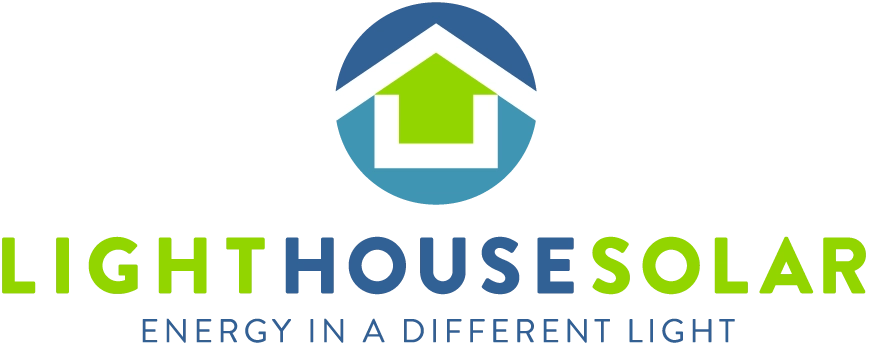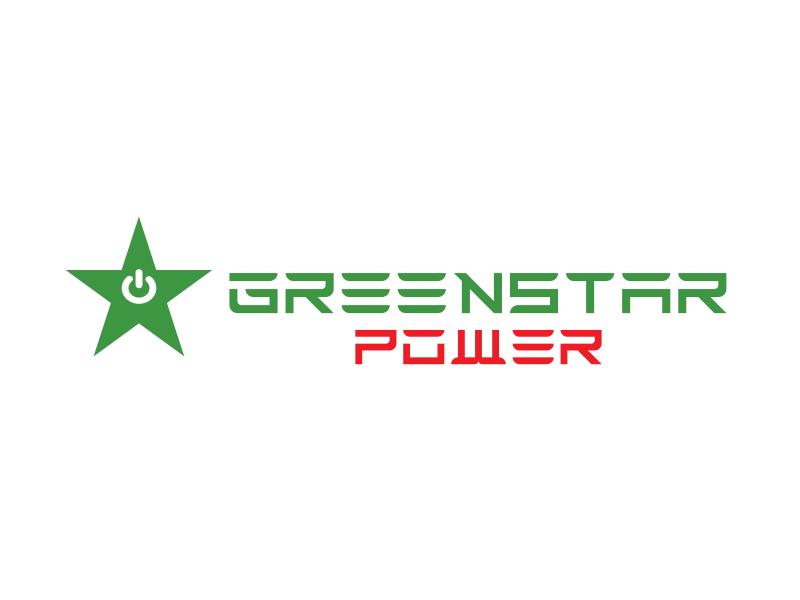Our editorial team is committed to creating independent and objective content focused on helping our readers make informed decisions. To help support these efforts we receive compensation from companies that advertise with us.
The compensation we receive from these companies may impact how and where products appear on this site. This compensation does not influence the recommendations or advice our editorial team provides within our content. We do not include all companies, products or offers that may be available.
Last Updated: February 25, 2025
Every year, more Austin residents turn to rooftop solar panels to provide a dependable source of power and lower their carbon footprint. Switching to solar energy can help you save money and shrink your carbon footprint, but you want to make sure you find a trustworthy installer. Luckily, we’ve analyzed local solar providers and put together a guide to the best solar companies in Austin. These trusted providers are smart choices homeowners can depend on.

Our Rating
User Rating
Clear pricing policy
Prompt service delivery
Informative resources
Free quotes
Reliable customer support
Services Offered

Our Rating
User Rating
Free quotes
Clear pricing policy
Reliable customer support
Services Offered

Our Rating
User Rating
Free quotes
Informative resources
Reliable customer support
Clear pricing policy
Services Offered

Our Rating
User Rating
Clear pricing policy
Free quotes
Informative resources
Reliable customer support
Services Offered

Our Rating
User Rating
Informative resources
Reliable customer support
Free quotes
Clear pricing policy
Services Offered

Our Rating
User Rating
Free quotes
Informative resources
Clear pricing policy
Reliable customer support
Services Offered

Our Rating
User Rating
Reliable customer support
Prompt service delivery
Clear pricing policy
Free quotes
Services Offered

Our Rating
User Rating
Clear pricing policy
Free quotes
Reliable customer support
Services Offered

Our Rating
User Rating
Informative resources
Free quotes
Reliable customer support
Clear pricing policy
Services Offered

Our Rating
User Rating
Clear pricing policy
Informative resources
Free quotes
Services Offered
Today's Homeowner looks at dozens of datapoints on solar companies to come up with our data-driven rankings. It's not possible for a company to pay for preferential treatment in our rankings. We look at the following key factors in determining who should top our list:
Adopting solar power lets homeowners lower utility bills while benefiting the planet by reducing your carbon footprint using clean energy. If you’re determining whether to go solar, consider these key factors for choosing an installer.
Verify that your solar installer is properly licensed. This helps ensure that the work is done correctly using current best installation practices. All solar contractors in Texas must have a state electrical contractors' license from the Texas Department of Licensing and Regulation. The Texas State Board of Plumbing Examiners regulates plumbing regulations and licensing standards for solar thermal installers.
Check review sites like Google Reviews, the Better Business Bureau (BBB), and TrustPilot to see feedback from past customers on local solar companies. Detailed reviews can help you assess a company's reliability and customer service. Use caution with companies that have very few reviews or mostly negative ones.
Call at least three solar companies for free, itemized quotes. The quotes should outline all costs and specify the solar equipment included. Reviewing multiple quotes helps you find the option that aligns with your budget.
High-quality solar installations should have robust workmanship and performance guarantees. The workmanship guarantee covers any installation issues like poor wiring, poor alignment, or cracks in the panels. The output guarantee ensures an energy generation baseline. Strong guarantees reflect a solar provider's confidence in its installations.
Solar energy can help reduce your electricity costs long-term. When evaluating solar panel's cost and value, be sure to factor in these considerations.
The average Austin homeowner will spend around $17,597 on a home solar system after federal tax refunds. Solar arrays in Austin cost approximately $3,330 per kilowatt, with an average size of 7.5 kilowatts. An estimate from a local solar provider will include costs for permit fees, preliminary work, and labor, and will account for your system's capacity, panel type, and size. Some homeowners prefer to lease their solar panels to reduce upfront costs.
Incentive Amount:
Free Equipment Program: Free appliance installation and weatherization services
Home Improvement (includes attic insulation, duct sealing, duct insulation, duct replacement, high-efficiency gas furnace, and Wi-Fi thermostat: Up to $1000
Solar Water Heater With Natural Gas Backup: $750
Tankless or Super High-efficiency Water Heater: $650
Furnace: $675
Furnace Tune-Up: $40
Natural Gas Dryer with moisture sensor: $225
Natural Gas Dryer Stub: $300
Incentive Amount:
Central AC/Heat Pump: $150 - $600
Package Unit AC/Heat Pump: $200 - $550
Mini-Split AC/Heat Pump: $250 - $800
AC Tune-Up: $175, max of 5 systems
Pool Pumps: $300 per pump replaced
Heat Pump Water Heater: $800
Smart Thermostat: $25/unit, plus $85 for participating in the Power Partner Thermostat smart energy savings program
Window Air Conditioners: $50 per unit
Weatherization Bonus: Up to $2,400
Solar Screens/Solar Film: $1.00/sq. ft.
Attic Insulation to R-38: varies by original R-value
Duct Replacement: $3.25/sq. ft.
Duct Insulation: $1.00/sq. ft.
Duct System Performance Testing: $200 - first system, $100 each additional system/ $75.00 per new return air improvement (max 3 per system)
External Combustion Air: $20 each
Air Infiltration and Duct Sealing: $0.12/sq. ft.
Total External Static Pressure: $175 for first system, $100 for additional
Return Air/Supply Grilles: $5 each
Improve Supply and/or Return Plenum: $75 each
Additional Attic Access: $25
Insulated Box for Pull Down Stairs: $25
Fan Cover: $25
Generally speaking, a solar photovoltaic (PV) system can be used to power any household system or appliance that uses electricity. In the smallest case, you can use a solar water heater.
There are a number of advantages of home solar energy. You can save money, raise your property values, and reduce emissions. With the right storage equipment, solar panels can also give you additional energy security and offer some protection from power outages.
It depends on your location and what type of panels you're installing. With the winter months in Texas being very mild, you have a lengthy window to install your panels, though they won't reach peak performance until summer arrives.
Yes. The grid in Austin already uses a large share of renewable energy sources, and you may be able to sell your excess generated energy to your utility for additional cost savings.
Your payback period is the time to achieve an ROI on your solar panels. It will vary based on the rate your utility charges per kilowatt of power, their rated capacity, and the average sunlight in your area. Austin has extremely high daily sunlight levels, so you could recoup your investment in as little as 12.2 years per 5 kW of rated capacity.
Net metering is a type of "power purchase agreement." If your utility or state offers net metering, you can send the solar energy you don't use to the grid. In return, they'll give you a credit on your power bill.
While solar energy is an ideal option for many, it might not be ideal for homeowners in wet, dark areas. In these cases, you could consider other forms of renewable energy, such as wind or geothermal power, as a primary source. It is also important to speak to a qualified installer to determine if their solar system is compatible with the climate and environment of your area. Even if you choose a different form of renewable energy altogether, you'll still help the environment and could still qualify for distributed generation or other money-saving programs.
The best type of residential solar panel will depend on your specific needs and goals. Generally speaking, monocrystalline solar panels are the most efficient for houses in Austin. However, if lowering cost is your top priority, then you could polycrystalline or thin-film solar panels. When you're choosing a contractor, make sure to ask about the brand names and models of solar panels a company offers and the benefits and drawbacks of each.
